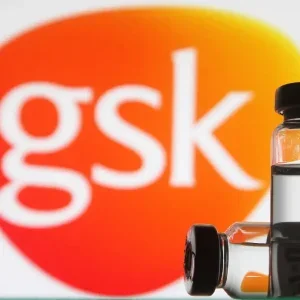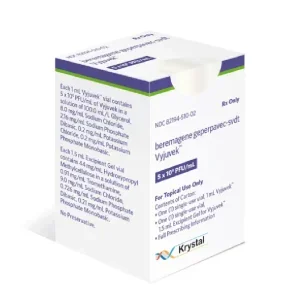Autolus Therapeutics has reached a licence agreement with Moderna for the development and marketing of mRNA therapeutics for up to four immuno-oncology targets.
Moderna is a biotechnology company engaged in developing messenger RNA (mRNA) based therapeutics and vaccines, including for Covid-19.
The company will incorporate Autolus’ proprietary binders in developing mRNA therapeutics.
Under the terms of the licence agreement, Moderna is expected to make an upfront payment for each target it licensed from Autolus.
Also, it will make additional development and commercial milestone payments for each product commercialised, along with royalties on sales of all products under the agreement.
Autolus founder and chief scientific officer Martin Pulé said: “We are pleased that Moderna has selected Autolus as a partner for certain mRNA-based therapeutics in oncology indications.
“The use of our technology in Moderna’s mRNA platform underscores Autolus’ leadership in the development of innovative differentiated binder and cell programming technologies.”
Autolus is a clinical-stage biopharmaceutical company developing next-generation, programmed T cell therapies for the treatment of cancer.
A part of the immune system, T cells are a type of white blood cell that provides natural protection against cancer and infection.
The company leverages a suite of proprietary and modular T cell programming technologies to develop accurately targeted, controlled and highly active T cell therapies.
Its T cell therapies are designed to recognise cancer cells, break down their defence mechanisms and eliminate the cancer cells, said the company.
Autolus has a pipeline of product candidates in development for the treatment of haematological malignancies and solid tumours.
The pipeline includes AUTO1 for adult acute lymphoblastic leukaemia (ALL) and paediatric ALL, AUTO3 for diffuse large B cell lymphoma (DLBCL), AUTO4 for TRBC1-positive peripheral T Cell lymphoma and AUTO6 for neuroblastoma.
Last month, Moderna’s Covid-19 vaccine Spikevax has received the EMA’s human medicines committee (CHMP) recommendation for use in people aged 12 to 17 years.






